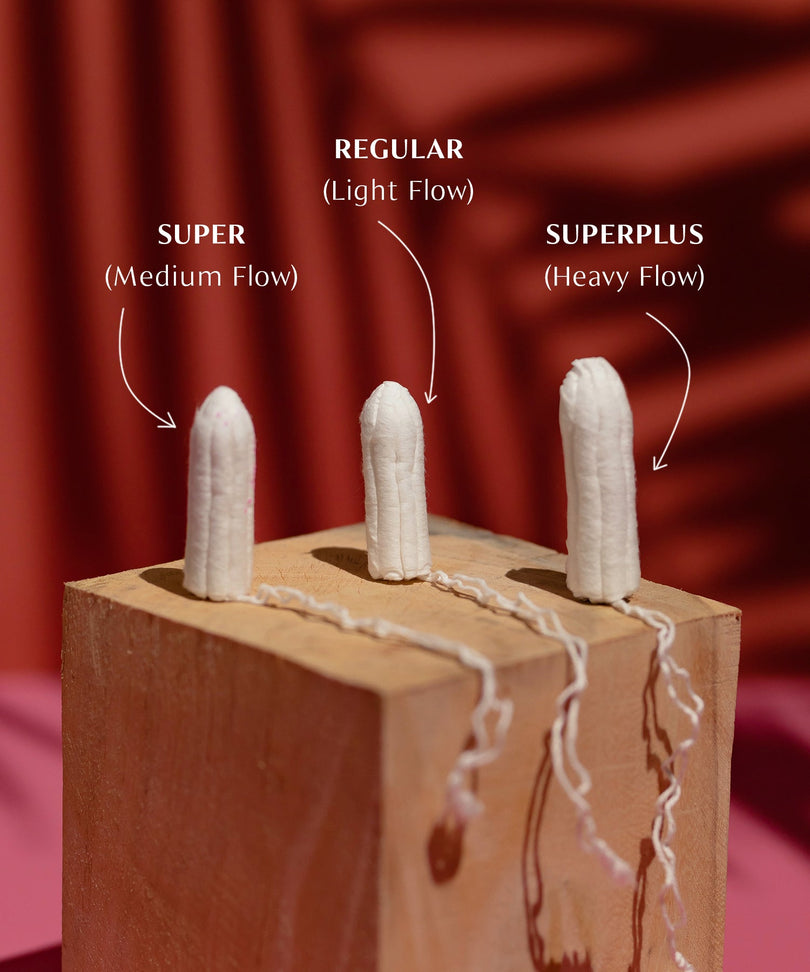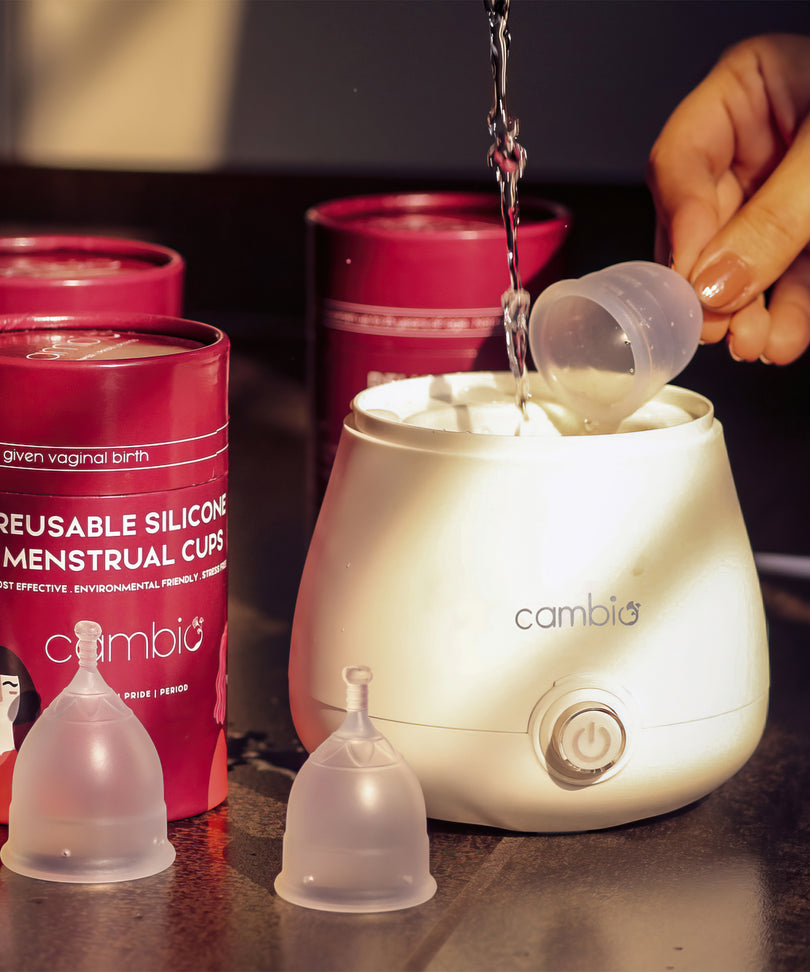Why is my period blood watery?
Here's a listicle on possible reasons for watery period blood:
- Hormonal changes: Fluctuations in hormonal levels during different phases of the menstrual cycle can lead to changes in the consistency of menstrual blood.
- Cysts and fibroids: The presence of cysts or fibroids in the uterus can contribute to changes in menstrual flow.
- Medications: Certain medications, such as water pills or diuretics, can increase the amount of fluid in the body, affecting the consistency of menstrual blood.
- Uterine infection: Infections in the uterus, such as uterine endometriosis or pelvic inflammatory disease, can lead to heavy or watery period blood.
- Endometriosis: Endometriosis is a condition in which cells similar to those that line the uterus grow outside the uterus, typically on other pelvic organs. These cells can bleed during menstruation, contributing to a heavier or more watery period of blood.
- Fibroids: Fibroids are non-cancerous growths that can develop in the uterus. While fibroids are benign, they can lead to heavy or watery period blood.
- Polycystic ovary syndrome (PCOS): PCOS is a hormonal disorder that can lead to irregular or absent menstrual periods, as well as hormonal changes that can affect menstrual flow.
- Cervical ectopy: Cervical ectopy is a condition in which cells from the lining of the uterus grow on the cervix, which can contribute to heavy or watery period blood.
- Uterine polyps: Uterine polyps are non-cancerous growths that can develop in the uterus. While most uterine polyps are asymptomatic, they can contribute to heavy or watery period blood.
Also read - Hymen blood vs period blood
Is it normal for period blood to be watery?
Yes, it is common for period blood to be watery, especially during the first few days of a reproductive cycle. Hormonal changes during different phases of the menstrual cycle can cause changes in the consistency of menstrual blood, which can range from thick and heavy to watery and light. Additionally, other factors, such as stress, certain medications, and certain activities, such as vigorous exercise or hot tubs, can also contribute to a more watery period blood.
While watery period blood is typically considered normal, if you are experiencing recurrent bouts of watery period blood that are accompanied by severe pain, excessive bleeding, or other concerning symptoms, it's important to consult with a healthcare professional for a proper diagnosis and treatment options.
Also read - How to get periods immediately to avoid pregnancy?
Why is my period blood filled with clots?
Blood clots can occur for several reasons:
- Hormonal changes: Blood clots can form as a result of hormonal fluctuations that occur during different phases of the menstrual cycle.
- Uterine polyps or fibroids: The presence of uterine polyps or fibroids in the uterus can lead to the formation of blood clots during menstruation.
- Endometriosis: Blood clots can form as a result of endometriosis, a condition in which cells similar to those that line the uterus grow outside the uterus, typically on other pelvic organs.
- Menorrhagia: Menorrhagia is a condition characterized by heavy menstrual bleeding. Menorrhagia can lead to the formation of blood clots during menstruation.
Also read - Is chocolate good for period cramps?
How to treat watery period blood?
It's important to remember that while watery period blood is typically not a sign of any serious medical condition and is usually a temporary condition that will resolve on its own if you experience recurrent bouts of watery period blood that are accompanied by severe pain, severe bleeding, or other concerning symptoms, it's important to consult with a healthcare professional for a proper diagnosis and treatment options.
Also read - Can stress delay your period?
Is a watery period blood sign of pregnancy?
Depends. Watery period blood can be a side effect of pregnancy. However, it is not a reliable indicator of pregnancy alone. Some pregnant women may experience watery period blood, while others may not. Pregnancy is typically confirmed through a urine test, blood test, or ultrasound.
If you have missed a period or are experiencing other pregnancy symptoms, it's important to consult with a healthcare professional for a proper diagnosis and treatment options.
More to read
Is watery period blood a sign of pregnancy?
Can you get a Pap Smear on Period?









